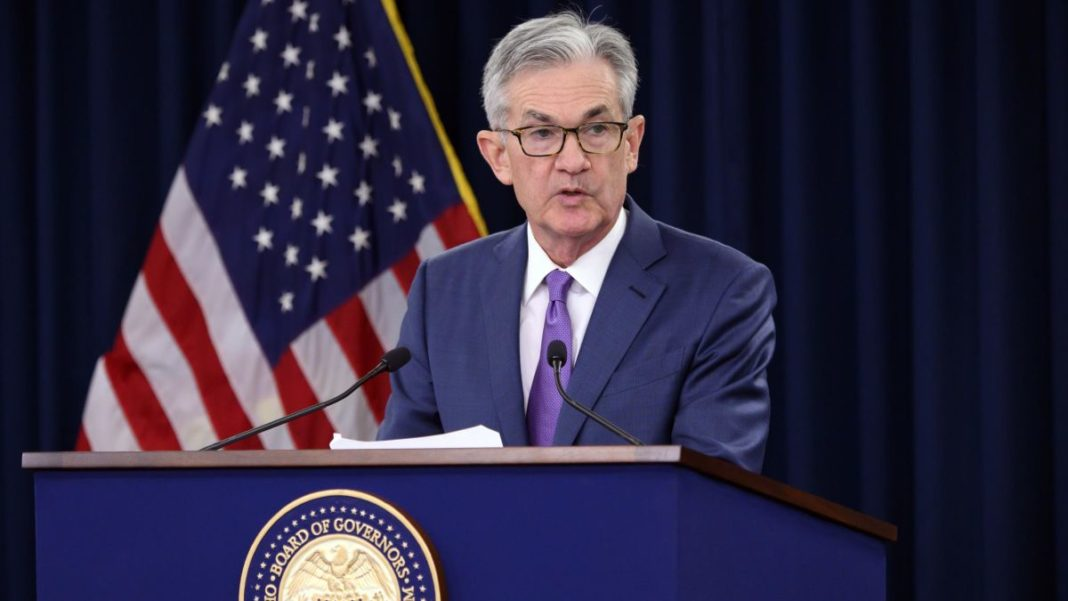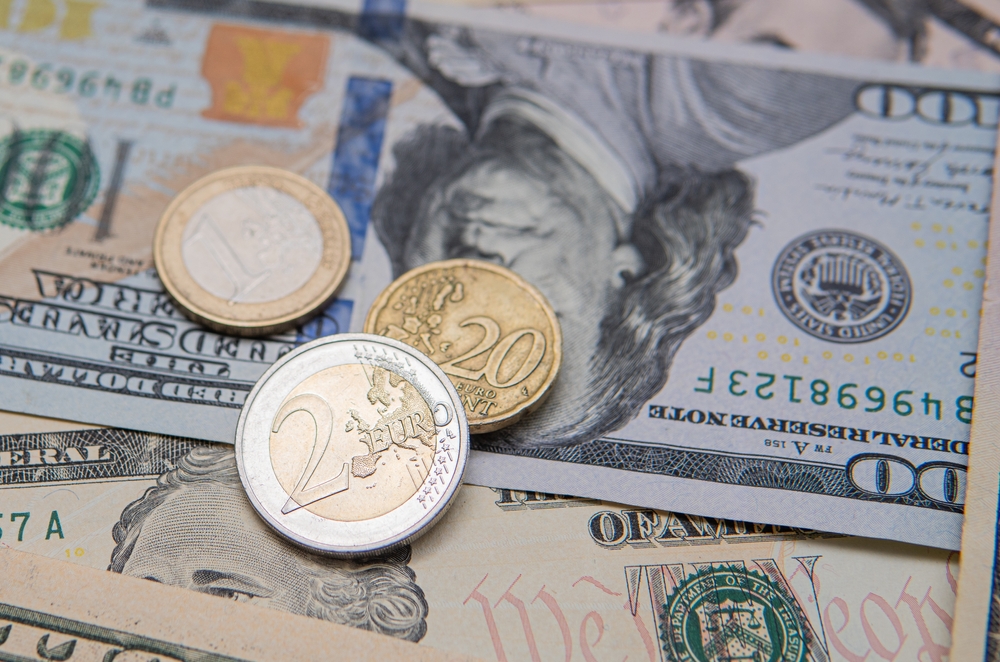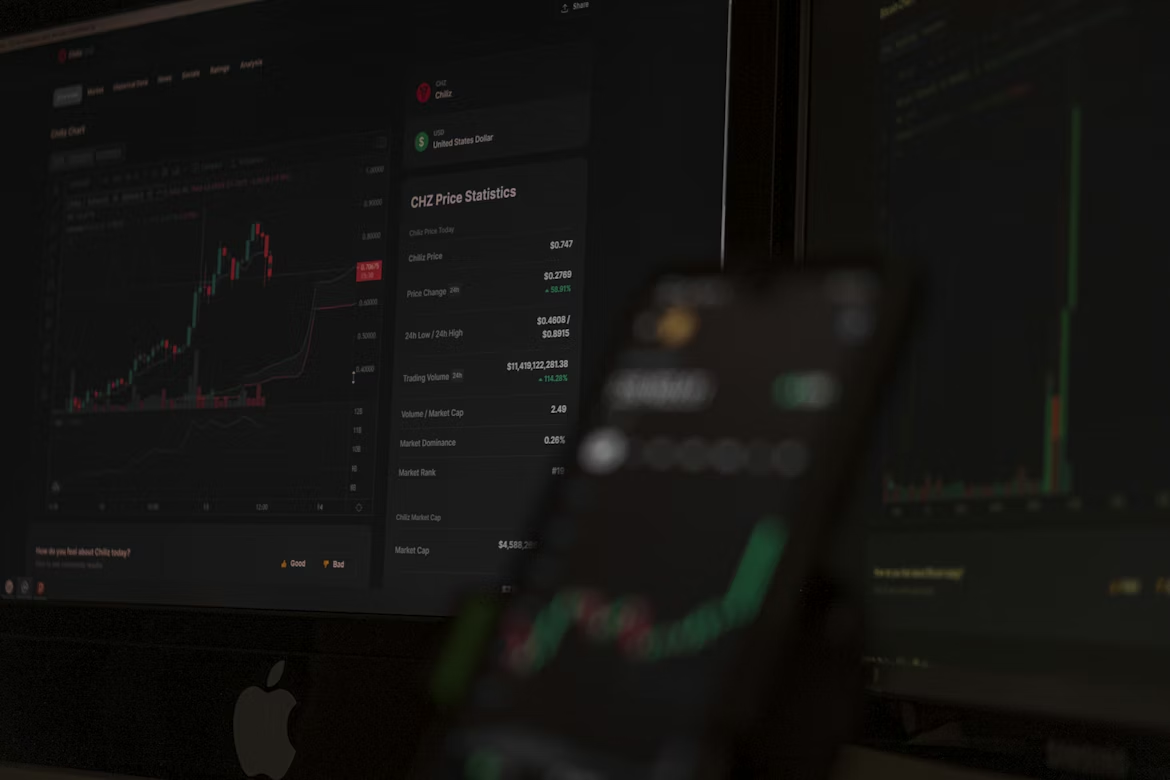MSCI’s broadest index of Asia-Pacific shares outside Japan was flat in early trade while Japan’s Nikkei rose 0.14%.
On Wall Street, the S&P 500 gained 0.65%, due in part to gains in energy sector following a rebound in oil prices.
Sharp falls in U.S. Treasury yields also meant equities might be attractive for some investors even though traders in stocks globally have bailed out in droves in the past several months due to recession worries.
Bond markets around the world painted a gloomier picture, with yields on 30-year U.S. Treasuries and 10-year German bunds yield both hitting record lows - 1.905 percent and minus 0.716 percent on Wednesday. Inversion remains a prominent feature across the U.S. yield curve, where short-dated yields are running above long-dated ones, which has also unsettled investors. Yield curve inversion often precedes a recession.
The Italian 10-year bond yield briefly fell below one percent for the first time ever. The rush to buy Italian debt, which carries higher yields than the ‘core’ eurozone countries, was prompted by growing hopes that a new government will soon be formed in Rome and a new election averted.
In Asia, the 10-year Japanese government bond yields stood at minus 0.280 percent, just above its record low of minus 0.300 touched in 2016.
“Falls in global bond yields reflect growing concerns that long-term global growth are slowing down on U.S.-China tensions and subsequent global supply chain disruptions,” said Tomoo Kinoshita, global market strategist at Invesco Asset Management in Tokyo.
“Stock markets on the other hand are supported in the near-term by hopes of more stimulus, notably from the Federal Reserve and the European Central Bank,” he said.
The two major central banks are expected to cut rates next month, while many investors believe the Bank of Japan could join the fray if market sentiment weakens further.
The Trump administration on Wednesday made official its extra 5% tariff on $300 billion in Chinese imports and set collection dates of Sept. 1 and Dec. 15.
That means products such as smartwatches, Bluetooth headphones, flat panel televisions and many types of footwear will be levied from next month, raising worries about U.S. consumption, one of the few remaining bright spots in the world economy.
The precious metal markets highlighted investors’ quest to buy safer assets.
Gold stood at $1,539 per ounce, near six-year highs of $1,527.5 set earlier in the week while silver extended its bull run to edge near its 2017 peak, fetching $18.32 per ounce, having risen nearly five percent so far this week.
In the currency market, major currencies saw limited moves for now, with the yen flat at 106.08 per dollar and the euro fetching $1.1084.
But the MSCI emerging market currency index is at lowest levels since mid-November, having fallen 0.8% so far this week and on course to mark its biggest monthly fall in more than seven years driven by worries about global slowdown.
The British pound licked wounds at $1.2217, having slumped 0.61% the previous day as the most serious UK political crisis in decades deepened after Prime Minister Boris Johnson decided to suspend Britain’s parliament for more than a month before Brexit.
The move will limit the time opponents have to derail a disorderly Brexit but also increases the chance that Johnson could face a vote of no-confidence in his government, and possibly an election.
“From an economic point of view, actively pursuing a no-deal Brexit through suspending parliament is tantamount to actively pursuing a recession,” said Seema Shah, Chief Strategist, Principal Global Investors in London.
Oil prices held firm after a gain of nearly 2% in the previous session as a larger-than-expected decline in U.S. crude stockpiles helped ease worries about weakening oil demand.
In Asia Brent crude futures fell 0.1% to $60.43 a barrel while U.S. West Texas Intermediate (WTI) crude gained 0.18% to $55.88 per barrel.
Source: Reuters













